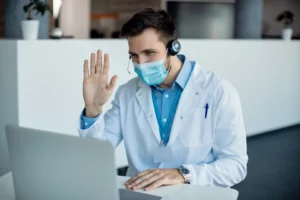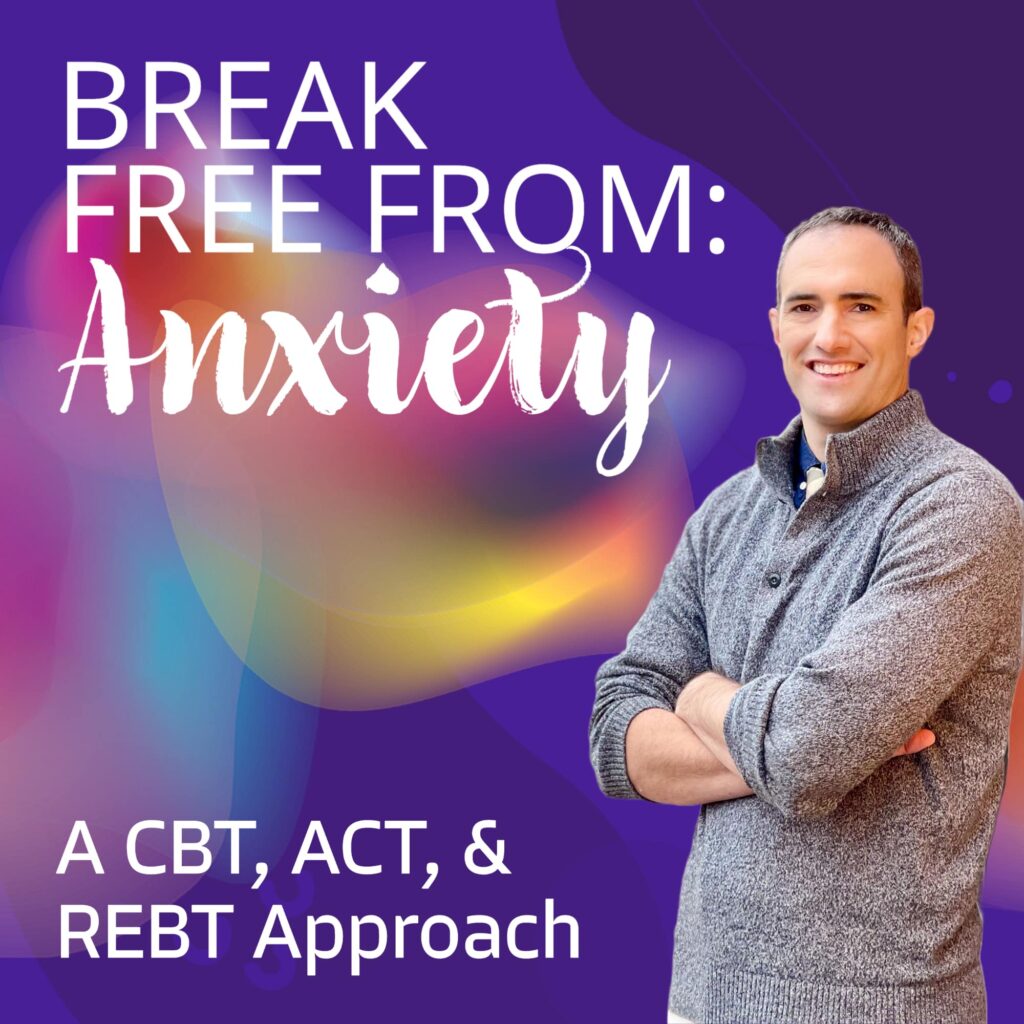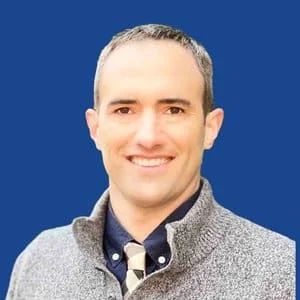How do I choose between IOP vs Residential Treatment?
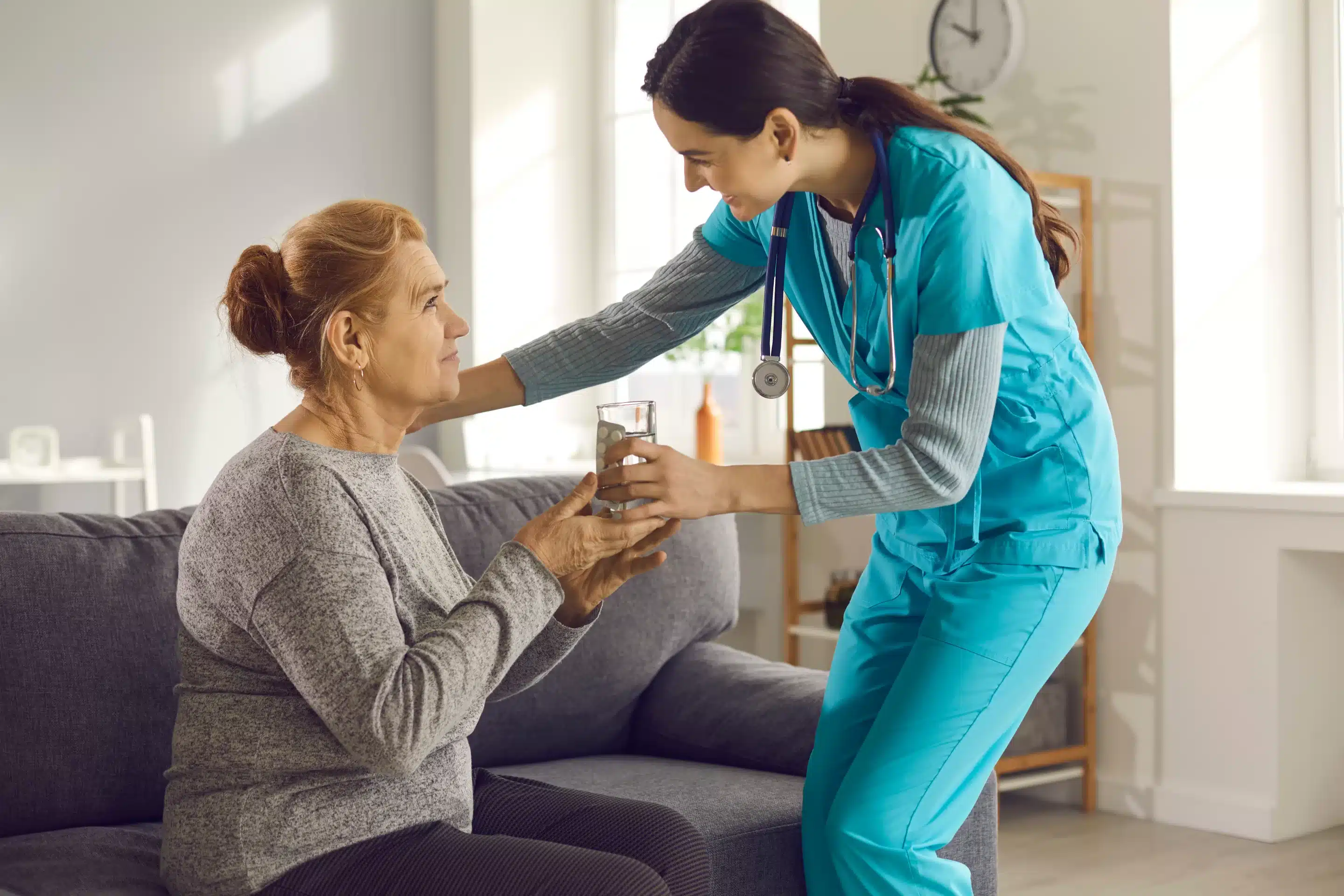
Intensive outpatient programs (IOP) are an important component to care for someone who wants one of the least restrictive treatments but is more intensive than regular outpatient treatment. Individuals in IOP programs usually still live at home, but attend programming about 4 hours per day. Whereas in residential treatment, individuals will live on the premises, usually in a shared room. The live-in treatment option is the highest level of care just below hospitalization. With IOP programs, people who have family or work commitments are still able to attend intensive treatment while maintaining these responsibilities. Those individuals can’t take time off from work for an extended period of time.
For those individuals, an IOP would be a better choice than residential treatment. Residential treatment is better for individuals who may have too many triggers at home or at work, and do not have enough coping skills to deal with these stressors. They may not have a safe home environment. They may live with another individual who also drinks or uses drugs and they need the opportunity to get away from this. Individuals who attend residential treatment have a high likelihood of relapse without nearly constant supervision and support. Individuals in residential treatment might find it harder to transition to full-time work, and therefore an additional step down to partial hospitalization (PHP) or IOP is recommended.
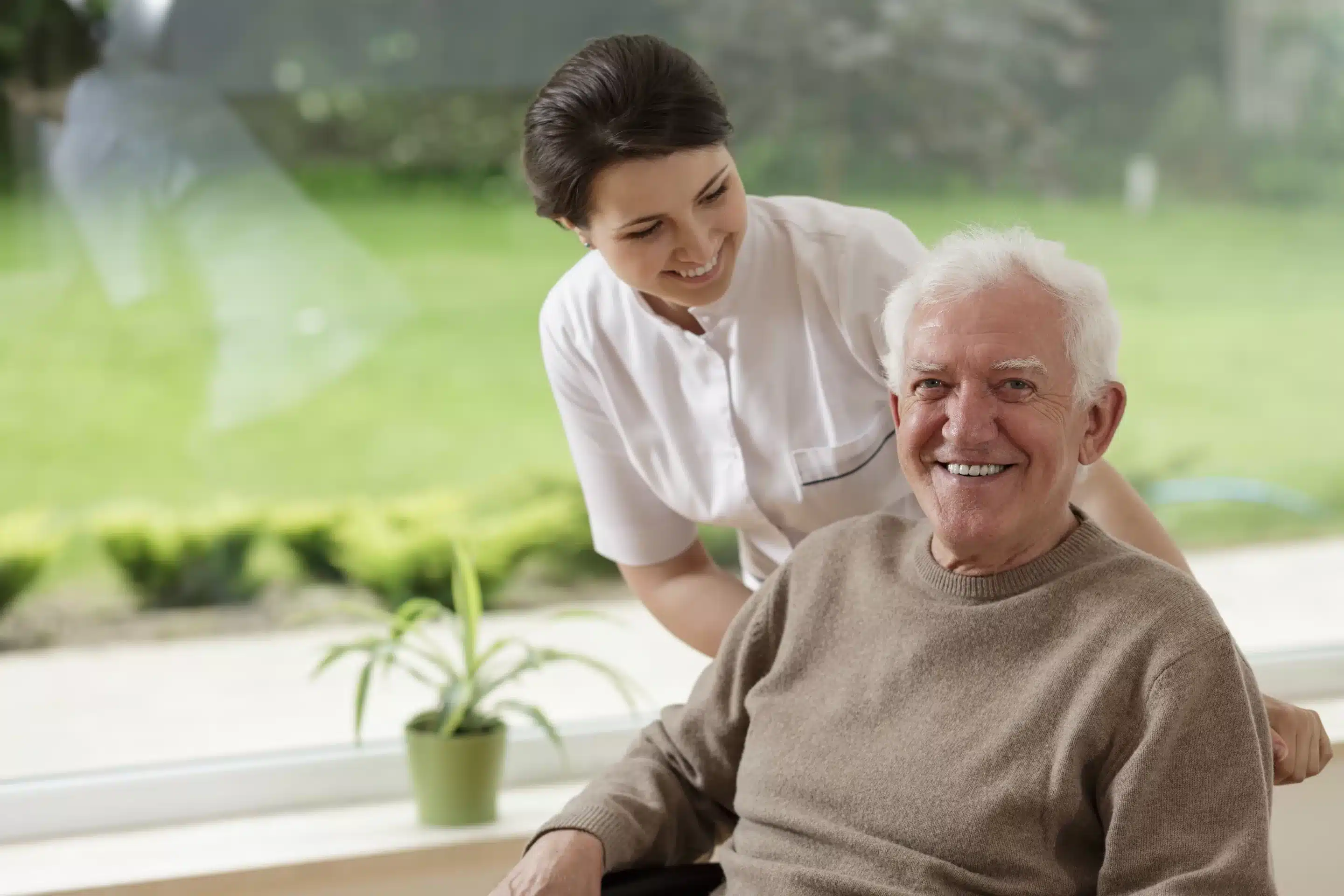
Stages of Addiction Treatment

The different stages of care correspond to the acuity/severity of the current situation and treatment needed. The American Society of Addiction Medicine has defined five different levels of care across the continuum of care. The continuum of care takes into consideration: withdrawal potential, medical complications, psychiatric conditions, readiness for change, relapse potential, and the recovery environment.
- Level 0.5: early intervention services
- Level 1: outpatient services
- Level 2: intensive outpatient or partial hospitalization services
- Level 3: residential or inpatient treatment services
- Level 4: medically managed intensive inpatient treatment services

What to Expect in IOP?

Unfortunately IOP programs can vary widely in terms of content of programming. Generally IOP consists of group and individual therapy for about 10-12 hours per week, split over 3 or 4 days per week. “Intensive” means that more hours are dedicated to therapy than in traditional outpatient programs, where an individual might see their therapist at most twice a week for an hour each. Most also encourage concurrent attendance with a local 12-step program.

What is the process of joining an IOP program?

Most programs have a dedicated intake coordinator who will be your first point of contact. The intake coordinator will first obtain your demographic information such as your name, date of birth, location, and the issue at hand. Next, the intake coordinator will make sure that the IOP program is most appropriate for you. If you are actively using a substance, they might deem the program not appropriate as you would first need detox.

Group Therapy

Most people are unfamiliar with doing group therapy. In fact, most people are quite intimidated by it, and that is normal. When most people think of group therapy, they think of what is portrayed in movies, which might not be so appealing. It is important to remember that movies are a dramatization of reality and are not necessarily accurate. Group therapy is not a forced confessional where you will be forced to spill your deepest fears to strangers you have just met. Most people need a session or two to get acquainted to the group to start to feel more comfortable sharing.

Group therapy offers a number of benefits over individual therapy

- It provides an opportunity to overcome social anxiety. Most people are eventually proud that they were able to do this and it can be a source of significant growth.
- Isolation may have become quite normal over the past several months, and now you can meet other individuals and tap into our innate desire to be social. This is an opportunity to enhance communication skills and healthy ways of interacting by giving and receiving honest feedback in a safe space.
- People often feel alone in their suffering, and this is a chance to recognize the commonality of your experiences.
- The group may be composed of a mix of individuals who are further along in their recovery and may be able to provide peer guidance and empathy to those who are in the earlier stages.
- When the group “clicks,” it can be profoundly uplifting in a way that individual therapy cannot match.

What does group therapy consist of in IOP?

- You should ask your IOP program what types of programming are included. Programming is divided into:
- Skill development
- Psychoeducation
- Refusal training
- Relapse prevention
- Complementary therapies
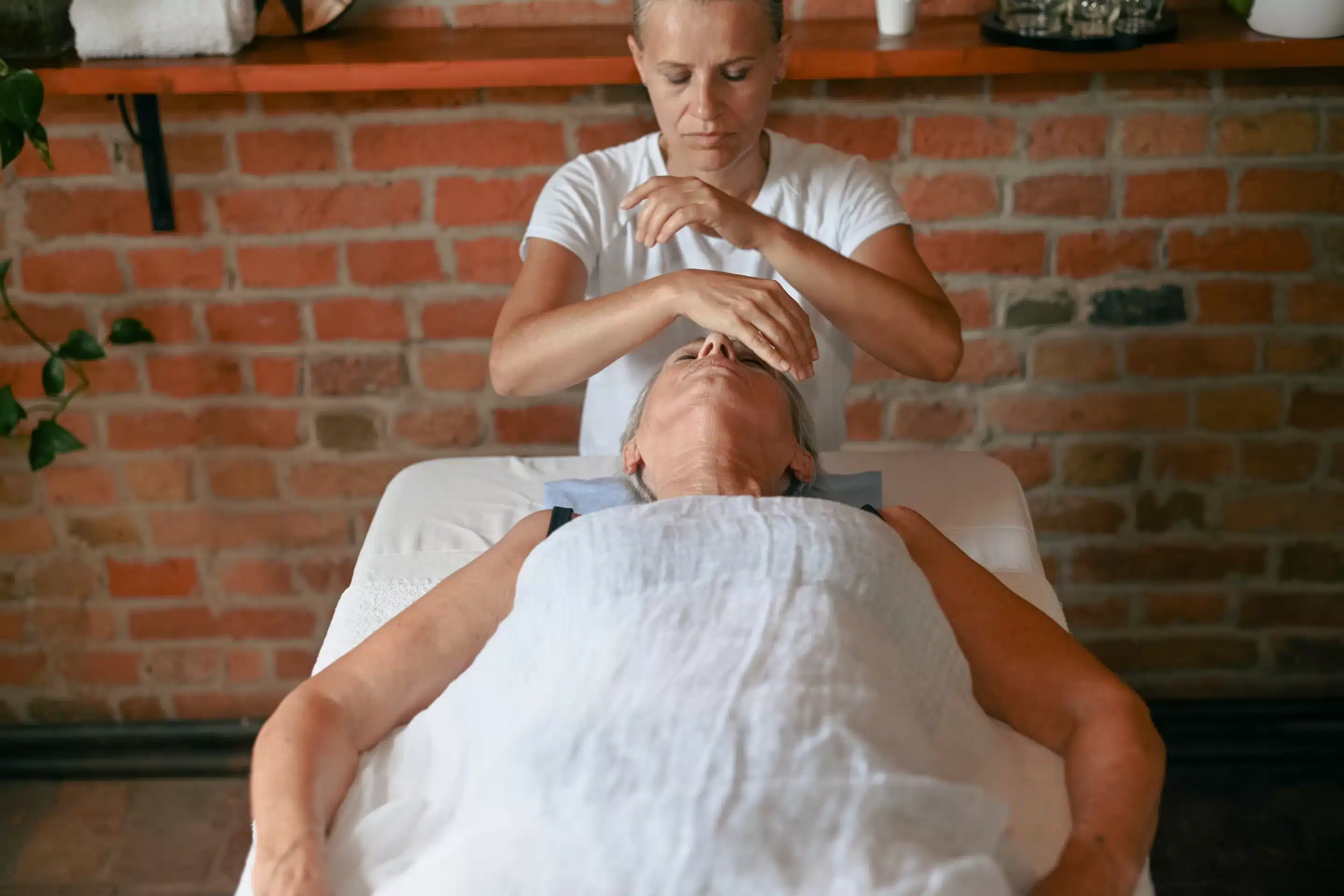
Individual Therapy

Individual therapy within an IOP program is usually delivered by a Master’s or PhD level clinician who has specialized training in mental health and substance abuse disorders. Individual therapy complements the group therapy in that there are separate benefits to individual sessions:
- Clients can expand in greater depth on a particular topic that was brought up in group.
- The therapist may get to know certain topics that you may not feel comfortable sharing in group.
- There may be an opportunity to process difficulties that have come up in group.
How long does partial hospitalization last?
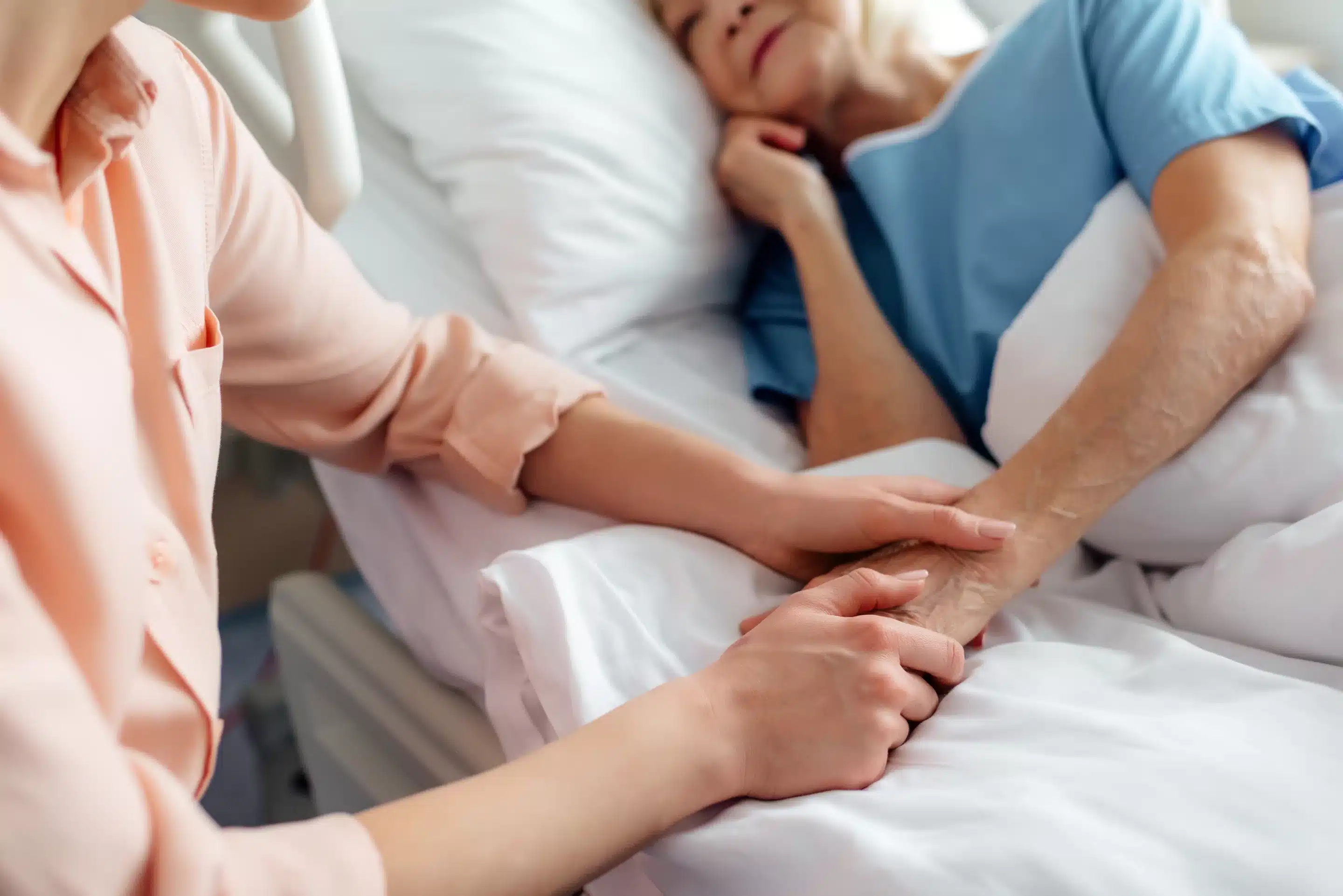
Partial hospitalization typically lasts 6-8 hours a day and is 5 days a week. The program continues for 3-4 weeks, depending on your progress in the program.
How much does partial hospitalization cost?

The cost of partial hospitalization programs varies depending on insurance coverage or lack thereof. This price is also dependent upon the type of program and the services offered in that program. On average, programming can cost between $350-$450 per day, which may seem like a lot, but considering that residential treatment programs run between $1000 to $2000 per day, an IOP program is far less expensive. To get a better idea of what this would look like, contact your insurance company to understand what your benefits look like for these services, or contact the facility’s financial advisor to get a sense of what the insurance company would cover.
How to find the best partial hospitalization program?

Finding a program that’s right for you can feel overwhelming. In order to make this process easier, look for a program that specializes in the areas where you experience more difficulty. Each program has a different approach and in order to find out which program would best suit your needs, it would be best to consult with your care team and contact programs directly for an assessment.
What is partial hospitalization like?

While partial hospitalization programs have similar schedules, programming guidelines/requirements may be different depending on the state where the program is located. A typical day in a partial hospitalization program likely consists of several processing groups, individual therapy/medication management visits, and check-ins with case managers/peers.
What are the benefits of partial hospitalization?

There are several benefits to a partial hospitalization program. One benefit of partial hospitalization includes implementing a structured routine for individuals who would otherwise struggle to provide that for themselves. Another benefit to partial hospitalization is that it allows patients to stay at home and still receive intensive care without being at a hospital/inpatient facility, which can make transitioning back to everyday life easier.
How do I choose an IOP or PHP program?

Review the program website and evaluate their clinical offerings, and the expertise of those on the treatment team. Talk to the program and see if you can do a walk-through to see their facility. Choosing a program that’s right for you is dependent on your clinical needs. Typically, individuals who need less intensive care and do not require quite as much structure would likely choose an IOP program and those who need more structure or have more clinical needs would choose a PHP program. Making an informed decision with your care team is critical to your success in the program as well as your future.
What is virtual IOP and PHP?
Virtual Intensive Outpatient Program (IOP) & Partial Hospitalization Programs (PHP)

What is the difference between IOP and PHP?
An in-depth analysis of the difference between IOP and PHP




